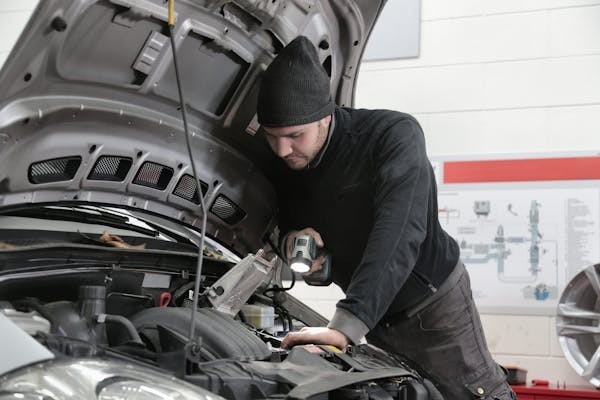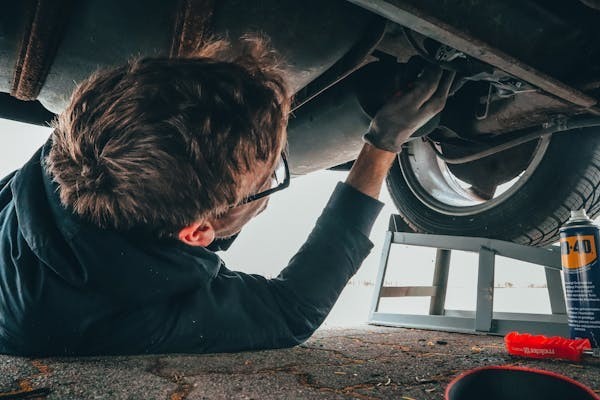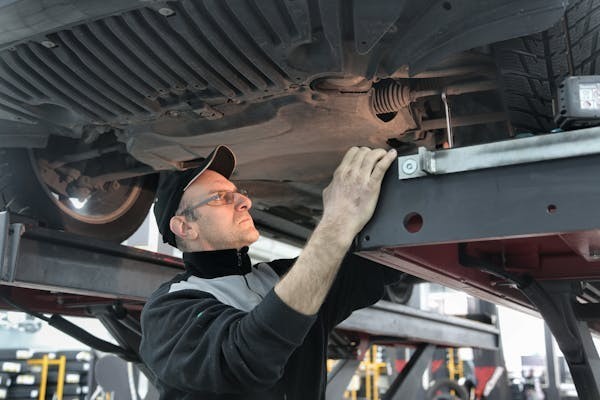views

Air filters are the unsung heroes of your vehicle, silently working to ensure optimal performance and air quality. Despite their importance, they often go unnoticed by many car owners, leading to neglect and potential issues down the road. This detailed guide aims to shed light on the significance of air filters in your car, covering everything from their vital functions to practical maintenance tips. By understanding the ins and outs of air filters, you'll be better equipped to keep your vehicle running smoothly and breathing clean air.

Understanding the Function of Air Filters
Air filters serve as the first line of defense against a barrage of airborne particles that could wreak havoc on your vehicle's engine and cabin. From dust and pollen to debris and pollutants, these filters intercept contaminants before they can infiltrate critical components. By trapping these particles, air filters prevent engine damage, preserve fuel efficiency, and ensure that passengers breathe clean, allergen-free air. Their role in maintaining optimal performance and air quality cannot be overstated, making regular maintenance a top priority for car owners.
Exploring Different Types of Air Filters
There's more to air filters than meets the eye, with various types designed to cater to different filtration needs within your vehicle. Engine air filters, positioned along the air intake path, are tasked with purifying the air entering the engine for combustion. Meanwhile, cabin air filters, nestled within the HVAC system, cleanse the air circulated in the passenger cabin, providing a sanctuary from outdoor pollutants. Understanding the nuances between these filters empowers car owners to make informed decisions regarding maintenance and replacement.

Emphasizing the Importance of Regular Maintenance
Regular maintenance is the lifeline of air filters, ensuring they remain effective in their duty to protect your vehicle and its occupants. Over time, air filters accumulate dirt and debris, leading to clogs that impede airflow and strain the engine. Neglecting maintenance can result in reduced engine performance, decreased fuel efficiency, and compromised air quality inside the cabin. By adhering to manufacturer-recommended maintenance intervals and conducting routine inspections, car owners can preemptively address issues and prolong the lifespan of their air filters.
Recognizing Signs of a Worn or Clogged Air Filter
Knowing the telltale signs of a worn or clogged air filter is paramount for proactive maintenance. Symptoms such as sluggish acceleration, decreased fuel efficiency, and unusual engine noises often indicate a struggling air filter. In the cabin, reduced airflow, musty odors, and allergy flare-ups may signify a compromised cabin air filter. Regular visual inspections can also reveal dirt buildup or damage on the surface of the filter, prompting immediate replacement. By staying vigilant and responsive to these warning signs, car owners can prevent potential damage and ensure continued performance.

Weighing DIY vs. Professional Replacement
When it comes to replacing air filters, car owners have the option to tackle the task themselves or seek professional assistance. DIY replacement offers a cost-effective solution for those comfortable with basic maintenance tasks, providing an opportunity for hands-on involvement and cost savings. However, for those lacking the time or confidence, professional replacement, especially when using a reliable 4x4 airbox for your off-road vehicle, ensures peace of mind and expert installation. Whether opting for a DIY approach or entrusting the job to a mechanic, prioritizing the use of quality replacement filters and adherence to manufacturer guidelines is essential for optimal results.
Promoting Environmental Impact and Sustainability
Beyond the realm of vehicle performance, proper maintenance of air filters carries significant environmental implications. Clean air filters contribute to improved fuel efficiency by facilitating smooth airflow and combustion, thereby reducing harmful emissions and mitigating environmental impact. Additionally, by preventing the release of pollutants and allergens into the air, well-maintained air filters promote cleaner, healthier environments for all. Car owners who prioritize air filter maintenance are not only safeguarding their vehicles but also contributing to a more sustainable future.

Implementing Strategies for Extending Air Filter Lifespan
To maximize the lifespan and effectiveness of air filters, proactive measures can be implemented to minimize wear and tear. Avoiding driving in dusty or polluted environments whenever possible can help prevent premature filter clogging. Regular cleaning and inspection of reusable filters ensure optimal airflow and filtration efficiency. Adhering to manufacturer-recommended maintenance intervals and investing in high-quality replacement filters are additional practices that promote the longevity and performance of air filters. By adopting these strategies, car owners can optimize their vehicle's performance while reducing the frequency of filter replacements.
Air filters are indispensable components of your vehicle, playing a vital role in maintaining performance and air quality. By familiarizing yourself with their functions, recognizing signs of wear, and prioritizing regular maintenance, you can ensure that your car operates at peak efficiency and provides a clean, healthy environment for passengers. With proper care and attention, air filters will continue to serve as silent guardians, protecting your vehicle and the environment for years to come.
























Comments
0 comment